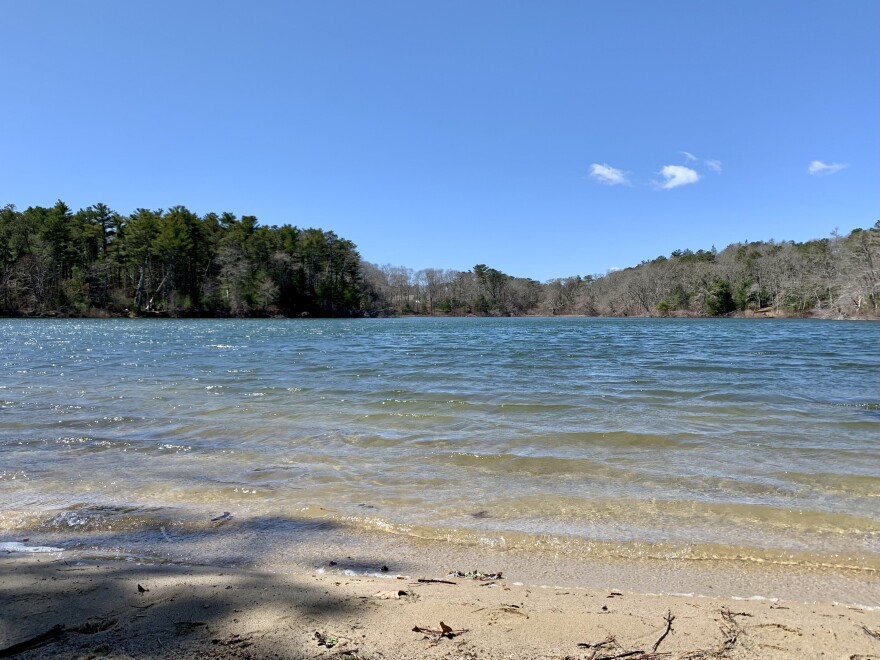Hyannis residents are being asked to participate in a nationwide study investigating the health consequences of a notorious class of “forever chemicals” in drinking water.
The five-year study, being conducted by the Silent Spring Institute, is focusing on two communities in Eastern Massachusetts—Hyannis and the town of Ayer—where public drinking water supplies were contaminated by chemicals known as PFAS contained in firefighting foams used at nearby fire training areas.
Laurel Schaider, senior scientist and project lead with the Silent Spring Institute, said her team hopes to recruit 700 adults and 200 children who lived in Hyannis between 2006 and 2016. Participants would be asked to answer a questionnaire and provide a blood and urine sample.
“So it will help us really evaluate the types of effects PFAS can cause, which chemicals can cause those effects, and at what level,” she said.
Individual results would be shared with study participants. The ultimate goal, Schaider said, is better policy.
“We want to make sure that drinking water standards are strict enough to protect everyone’s health,” said Schaider.
Over the last few years, Hyannis has spent $22 million cleaning up local drinking water, and the state now has some of the strictest drinking water standards in the country.
But PFAS chemicals are still prevalent and high exposure has been linked to reproductive problems, weakened immunity, diabetes, cancer, and even decreased vaccine effectiveness. They can be found in nonstick cookware, fire-retardant foams, water-resistant rugs, and make-up.
“We are still concerned about the potential for long-term effects for people who were exposed to PFAS in previous years when the water wasn’t being treated,” Schaider said.
The five-year study, funded by the Centers for Disease Control, includes projects in seven states and will ultimately test for PFAS levels in over 9,000 people. It formally begins in July, and participants will be thanked with gift cards.








